10 Characteristics/Features of Communication in Management
Characteristics of Communication
Communication is simply the exchange of ideas, opinions, and information between and among two or more people. It is an effective tool in organizations to pass the organizational matters so as to make goals achievement possible. The following are the main characteristics/features of communication.
Exchange of Ideas
A main characteristic of communication is that it is the process of exchanging ideas. People start communicating with others for some purpose i.e. whether to send some information or anything or receive some information or anything.
At Least Two Persons
For communication to be effective there should be at least two persons i.e. one is the sender and another is the receiver.
A sender is a person who has information or creates a message and aims to send it to another person i.e. receiver. And, a receiver is a person who is expected to receive the message the sender intended to send.
Two-Way Process
Organizational communication is a two-way process. In organizational settings, one-way communication has no effective results. If a manager gives instructions to his employees then employees should be able to give feedback.
Top managers create plans and strategies and give them to lower employees for implementation. Then, lower employees are supposed to transfer progress reports to top managers. And, it is possible through two-way communication.
Pervasive in Nature
Communication is necessary at all management levels, all organizations, and all workplaces. The top manager should communicate with his middle manager, the middle manager with the lower manager, and the lower manager should report his performance to the middle and top managers. Communication is the function of every manager.
Management Function
Communication is one of the functions of management. In addition, it is the essence of all management functions. Planning, organizing, staffing, directing, controlling, etc. are important to achieve organizational objectives but for effective implementation for them, an effective communication system is necessary.
Encoding and Decoding
Communication includes encoding and decoding. In the management process, the sender creates a message with an understandable form and the receiver is expected to understand the message in the same meaning.
Where – encoding means creating the message in a way the receiver would understand the message. And, decoding means the interpretation of the message by the receiver when he receives it.
Related: Steps in the Communication Process
Continuous Process
Another notable characteristic of communication is, it is a continuous function. Communication continues with the operations of the organization and lasts till its existence. It is the basis of all organizational activities.
Oral or Written
Communication can be oral and written. Oral communication means communicating by speaking whereas written communication means communicating by written channels like letters, memos, etc.
When the information is not so important usually managers choose oral communication. And, when the information is important they use written communication to communicate.
Formal or Informal
Similarly, communication can also be formal and informal. Formal communication flows through the formal channels of the organization. Such channels are outlined within the organizational structure. They are used to communicate official information.
On the other side, informal communication takes place outside the organizational structure. Informal communication channels are not officially created by the top management. Employees create such channels to satisfy their social needs at the workplace.
Channel Based
The sender, receiver, and channel (medium) are the three main elements of communication. The sender and receiver are explained above. A communication channel refers to a pathway through which the message is communicated. The communication channels may be letters, memos, emails, telephones, and so on.
Read Next: Communication Structure
Sajan Kushmi is a content writer with more than 4 years of experience. He holds BIM Degree. He write on the topics related to Management, Marketing, and Entrepreneurship.
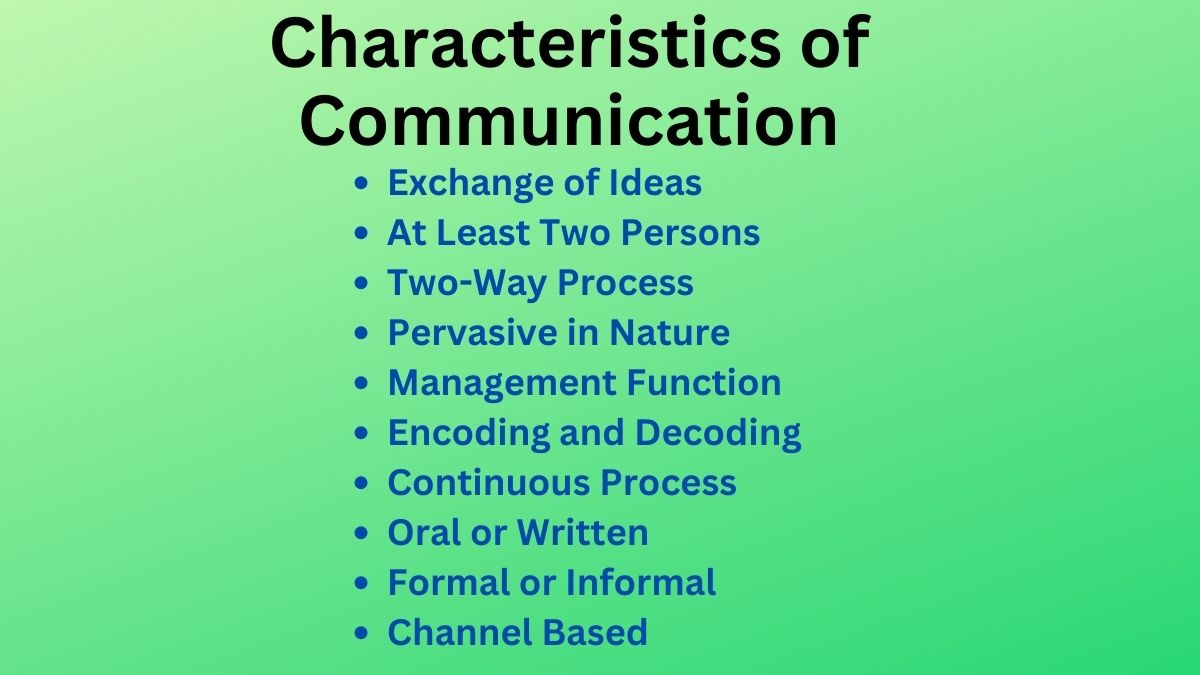
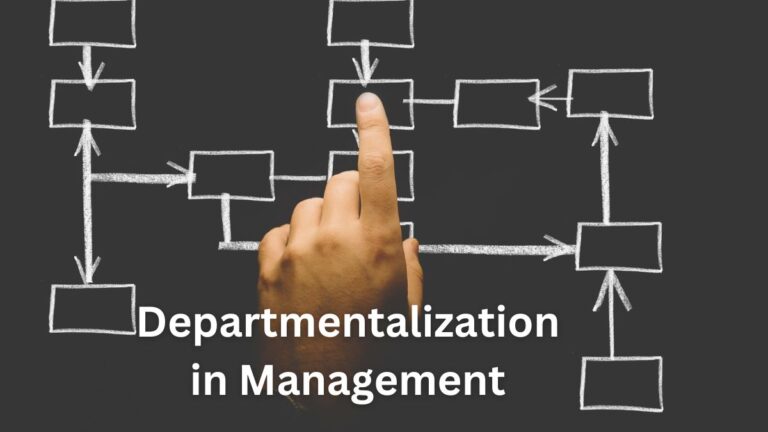
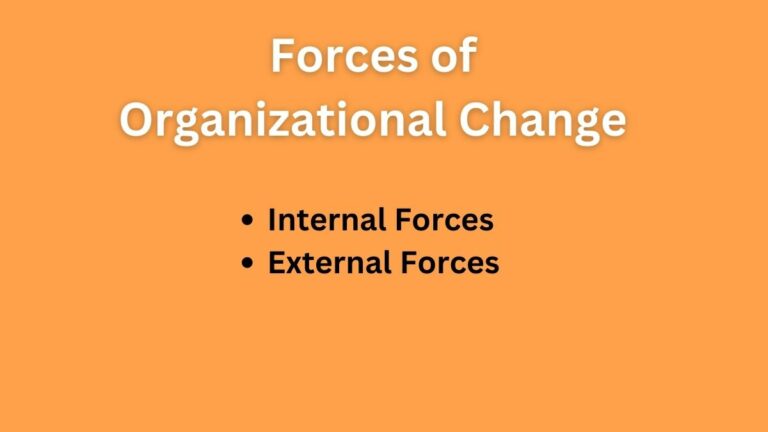

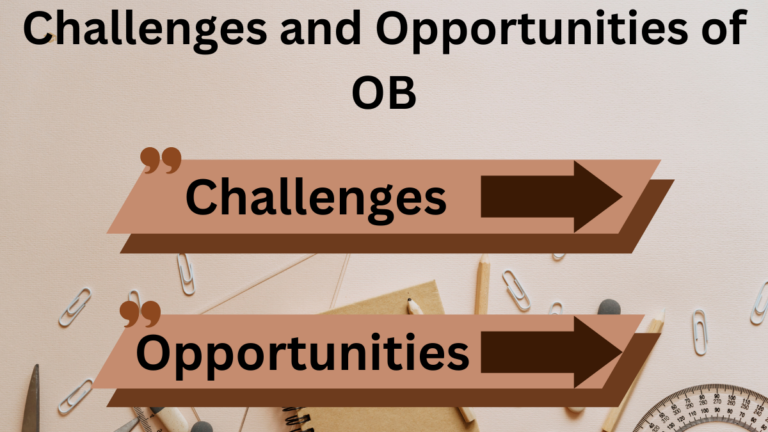

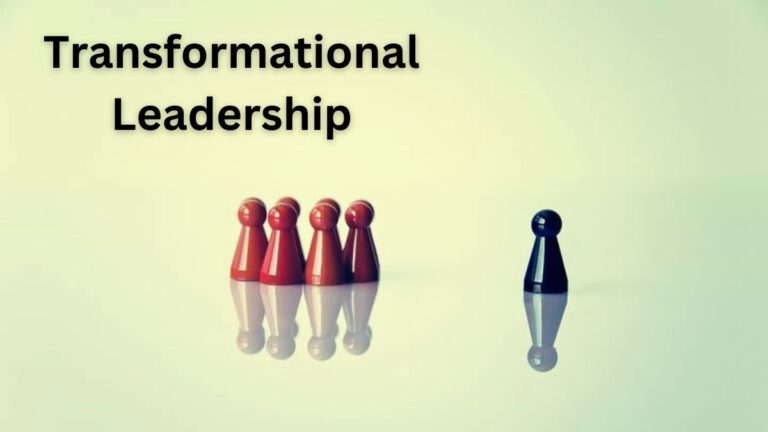
nice nootes for theb advanced school(university)